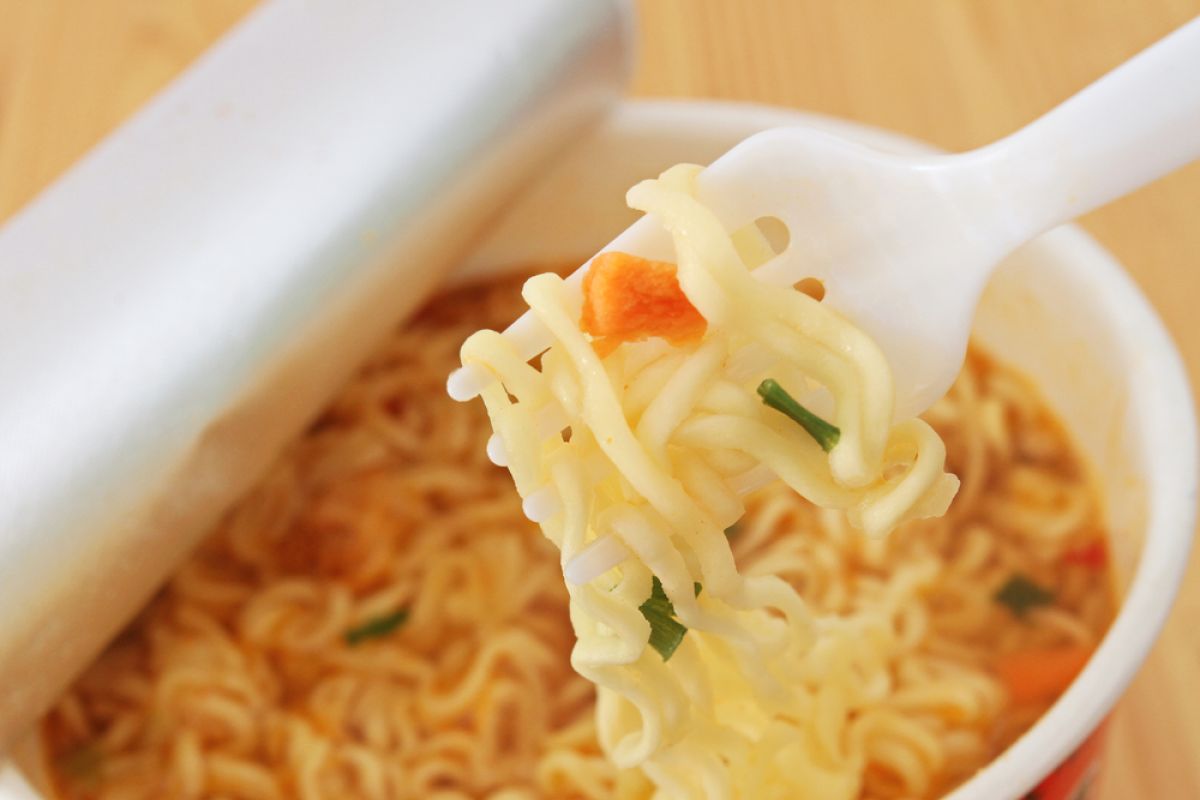Based on BPOM's investigation, the instant noodle products revoked from the Hong Kong market are different from the same brands in the Indonesian market.Jakarta (ANTARA) - The Food and Drug Supervisory Agency (BPOM) has assured that instant noodle products sold in Indonesia have met the safety requirements following a recall of Mie Sedaap products in Hong Kong.
The Mie Sedaap Korean Spicy Chicken product sold in Indonesia is different from the product sold under the same brand in Hong Kong, BPOM's deputy for processed food supervision, Rita Endang, informed.
"Based on BPOM's investigation, the instant noodle products revoked from the Hong Kong market are different from the same brands in the Indonesian market," she said in Jakarta on Thursday.
BPOM has sought a more detailed explanation from the Hong Kong authorities regarding the recall of the Mie Sedaap Korean Spicy Chicken product.
According to information broadcast by the Hong Kong Center for Food Safety (CFS), on September 27, 2022, the Mie Sedaap Korean Spicy Chicken product was withdrawn from circulation since it was detected to contain pesticide residues of ethylene oxide (EtO).
According to the CFS, pesticide residues of EtO, which is commonly used for fumigation, were found in dried noodles, chili powder, and seasoning of the instant noodle product.
Related news: Indonesia exports instant noodle to Palestine
BPOM said that the detection of residues of EtO and its derivative compounds (2-Chloro Ethanol/2-CE) in food is a new issue that began with the issuance of a notification by the European Union Rapid Alert System for Food and Feed (EURASFF) in 2020.
Despite ensuring that instant noodle products circulating in the Indonesian market, including Mie Sedaap products, have met safety requirements, BPOM has still sought clarification from the Hong Kong security agency regarding the pesticide residue content in Mie Sedaap products.
This has been done considering that the Codex Alimentarius Commission (CAC), an international organization under the World Health Organization and the Food and Agriculture Organization, has not yet regulated EtO and its derivative compounds in many countries.
BPOM is also reviewing policies regarding the use of EtO and its derivative compounds in instant noodles and monitoring the latest developments regarding international food safety regulations and standards, Endang said.
In addition, BPOM is conducting sampling and testing to determine the content of these compounds in food products and the level of exposure.
She informed that BPOM conducts pre- and post-market supervision to ensure that food products registered with BPOM and sold in Indonesia are safe for consumption.
The agency has urged residents to remember the CLICK steps (Check Packaging, Labels, Distribution Permits, and Expiry) before buying or consuming food products.
Related news: Indofood commissions instant noodle factory in Serbia
Related news: Indonesia ready to build instant noodle factory in Russia
Translator: Andi Firdaus, Resinta S
Editor: Suharto
Copyright © ANTARA 2022












